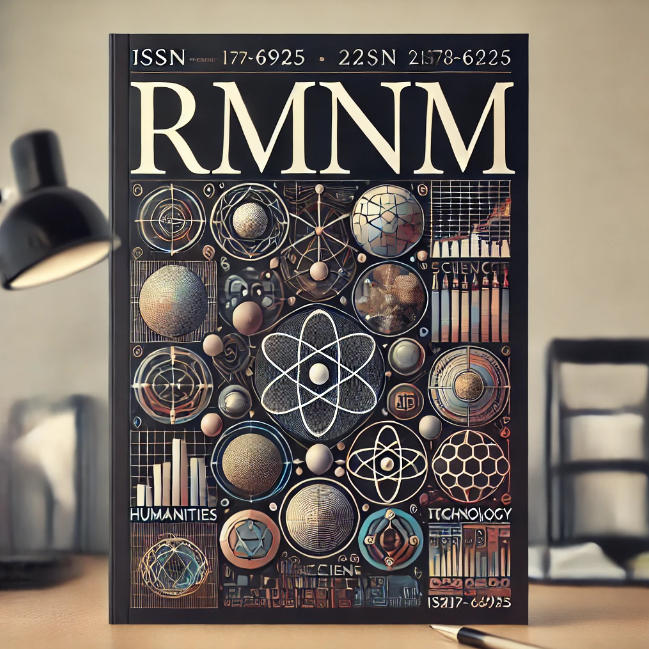OS BENEFÍCIOS DOS CONTRATOS E ASSINATURAS DIGITAIS
DOI:
https://doi.org/10.61164/rmnm.v12i2.2940Keywords:
Sustentabilidade. Modernidade. Digitalização.Abstract
The advantages of digital contracts and signatures are examined in this essay, which also shows how these innovations have changed government, legal transactions, and business practices. Digitizing contracts brings several benefits, including greater operational effectiveness, lower costs, greater legal clarity and environmental sustainability. Quickly drafting, checking and signing paperwork, eliminating the need for personal travel and reducing transaction time increases operational efficiency. The savings in paper, printing, physical storage and transport logistics, as well as the reduction in time dedicated to manual procedures, demonstrate the cost reduction. By ensuring the integrity and validity of digital documents, cutting-edge encryption and authentication technologies strengthen legal security. By doing this, the chance of fraud and legal issues is reduced. Environmental sustainability is another advantage, as reducing the use of paper helps preserve natural resources and reduce organizations' carbon footprint. Regulatory compliance is also discussed in this article, with a focus on current legislation, such as Law nº 14.063/20 in Brazil, which establishes standards for the legal validity of digitized documents. To elucidate the practical benefits and technological environmental implications, examples of successful cases and case study analyzes are presented. It is possible to conclude that the implementation of digital contracts and signatures represents specific progress in the modernization and sustainability of commercial and legal transactions, providing a more efficient, secure and ecological method of formalizing agreements.
Downloads
References
Adobe. (2020). University of North Carolina Case Study. Retrieved from Adobe Case Studies.
Banco Santander. (2022). Digital Transformation in Banking: Santander's Experience with Digital Signatures. Retrieved from Banco Santander Case Studies.
Brown, A., et al. (2018). "The Impact of Digital Signatures on Business Operations." Journal of Digital Business, 15(2), 123-137.
DocuSign. (2020). Toyota Financial Services Case Study. Retrieved from DocuSign Case Studies.
Garcia, R., et al. (2021). "Streamlining Approval Processes with Digital Signatures." International Journal of Electronic Commerce, 28(3), 301-315.
Johnson, M., & Lee, S. (2019). "Digital Contract Management: Improving Efficiency and Control." Journal of Business Process Management, 26(4), 487-502.
Martinez, J. (2019). "Enhancing Document Security with Digital Signatures." International Journal of Information Security, 12(3), 321-335.
Silva, L., et al. (2020). "Ensuring Compliance with Data Protection Regulations in Digital Contracts." Journal of Cybersecurity Law, 18(1), 89-104.
Smith, T. (2020). "The Efficiency Impact of Contract Digitization in Large Corporations." Journal of Business Efficiency, 33(2), 201-215.
Downloads
Published
Issue
Section
License
Copyright (c) 2024 Revista Multidisciplinar do Nordeste Mineiro

This work is licensed under a Creative Commons Attribution-NonCommercial-ShareAlike 4.0 International License.
Authors who publish in this journal agree to the following terms:
Authors retain copyright and grant the journal the right of first publication, with the work simultaneously licensed under the Creative Commons Attribution License, which permits the sharing of the work with proper acknowledgment of authorship and initial publication in this journal;
Authors are authorized to enter into separate, additional agreements for the non-exclusive distribution of the version of the work published in this journal (e.g., posting in an institutional repository or publishing it as a book chapter), provided that authorship and initial publication in this journal are properly acknowledged, and that the work is adapted to the template of the respective repository;
Authors are permitted and encouraged to post and distribute their work online (e.g., in institutional repositories or on their personal websites) at any point before or during the editorial process, as this may lead to productive exchanges and increase the impact and citation of the published work (see The Effect of Open Access);
Authors are responsible for correctly providing their personal information, including name, keywords, abstracts, and other relevant data, thereby defining how they wish to be cited. The journal’s editorial board is not responsible for any errors or inconsistencies in these records.
PRIVACY POLICY
The names and email addresses provided to this journal will be used exclusively for the purposes of this publication and will not be made available for any other purpose or to third parties.
Note: All content of the work is the sole responsibility of the author and the advisor.



